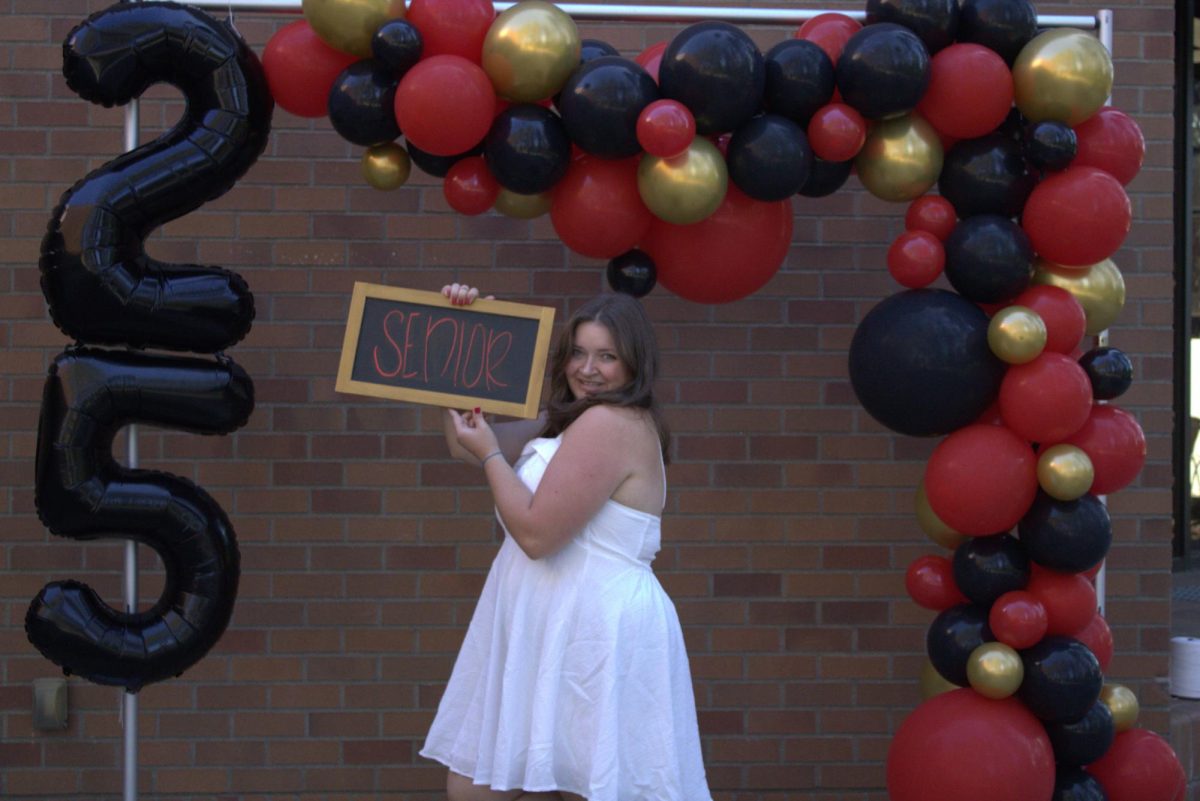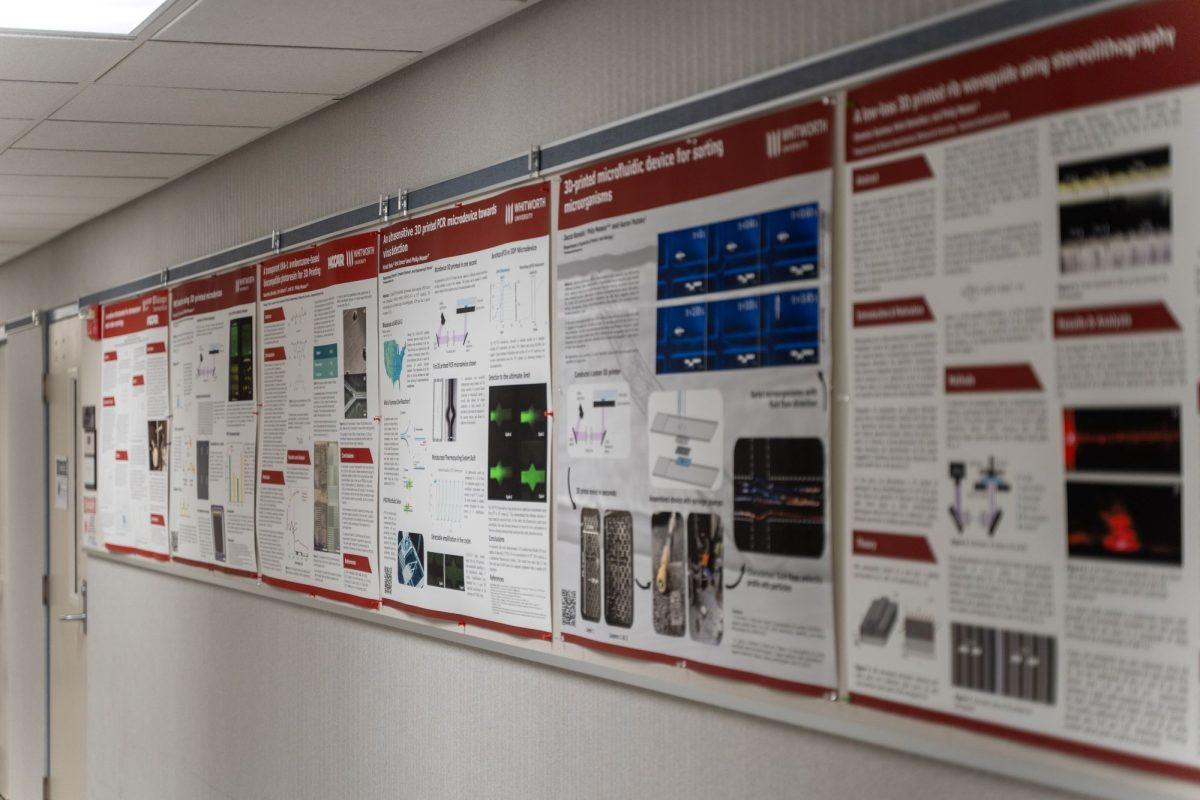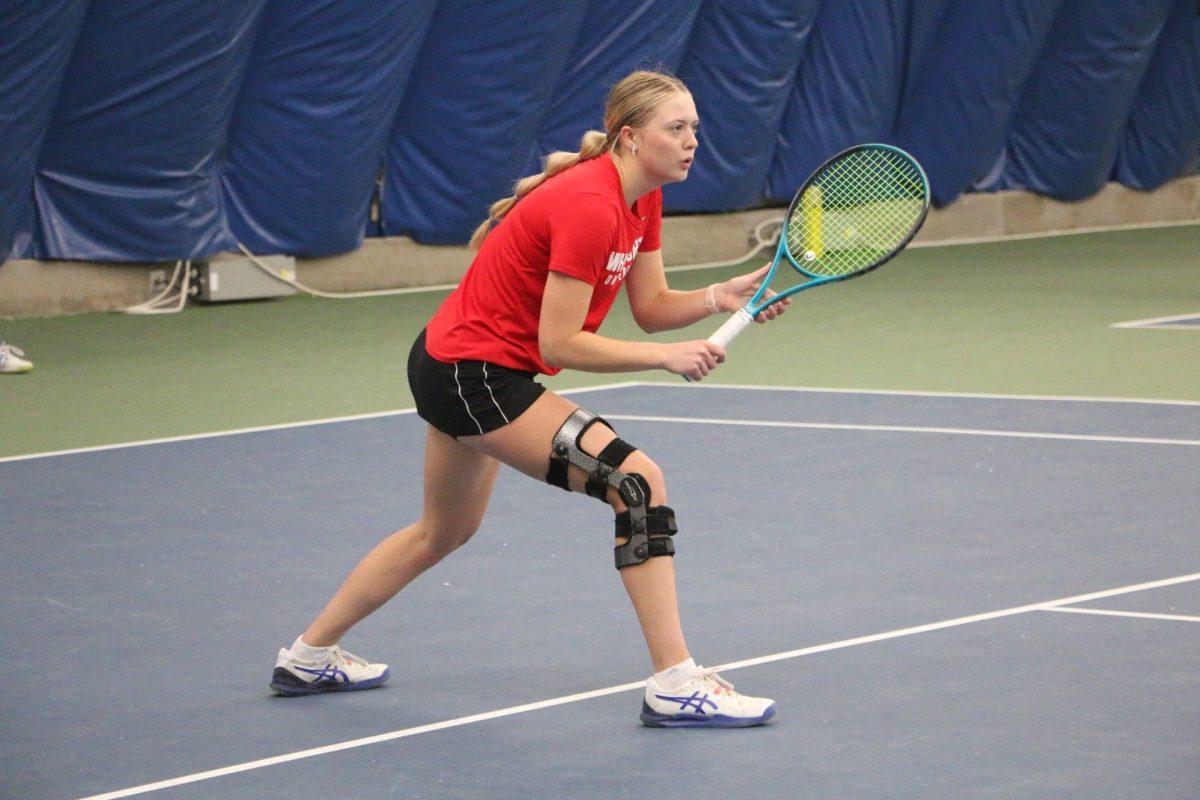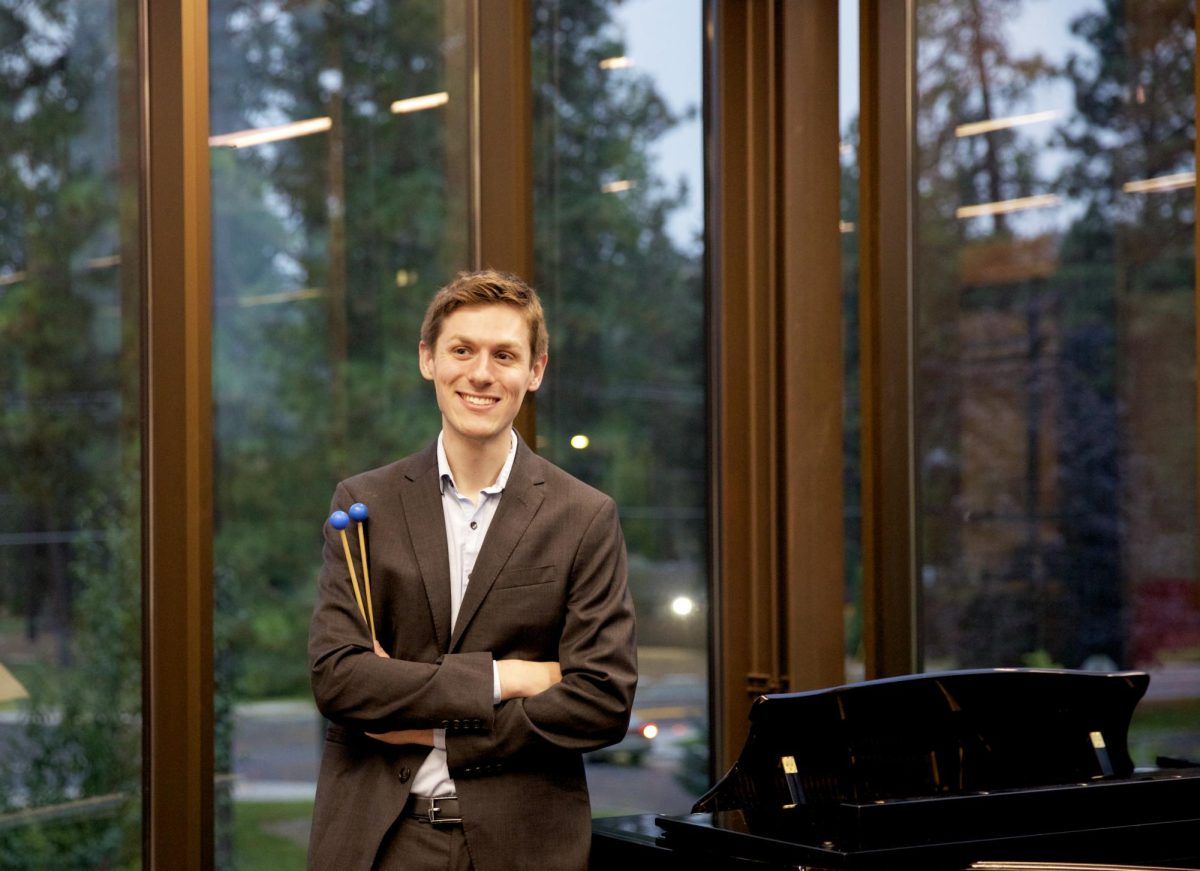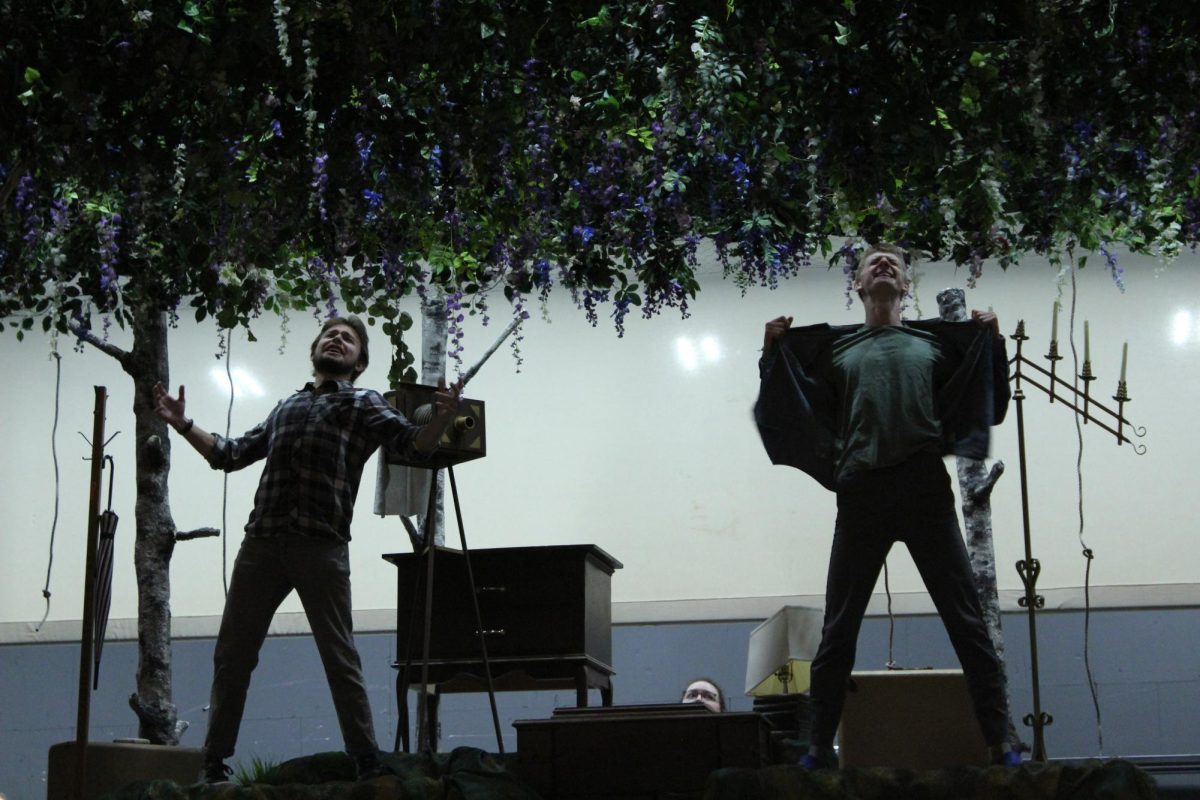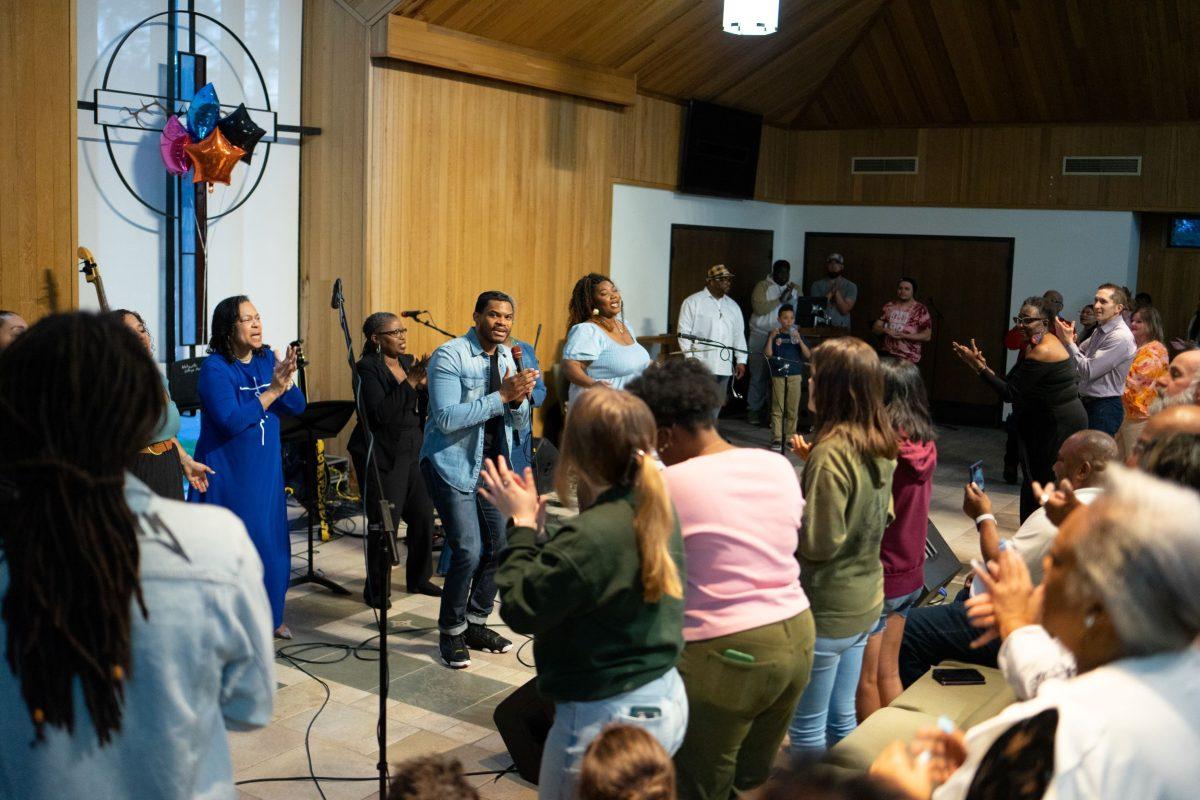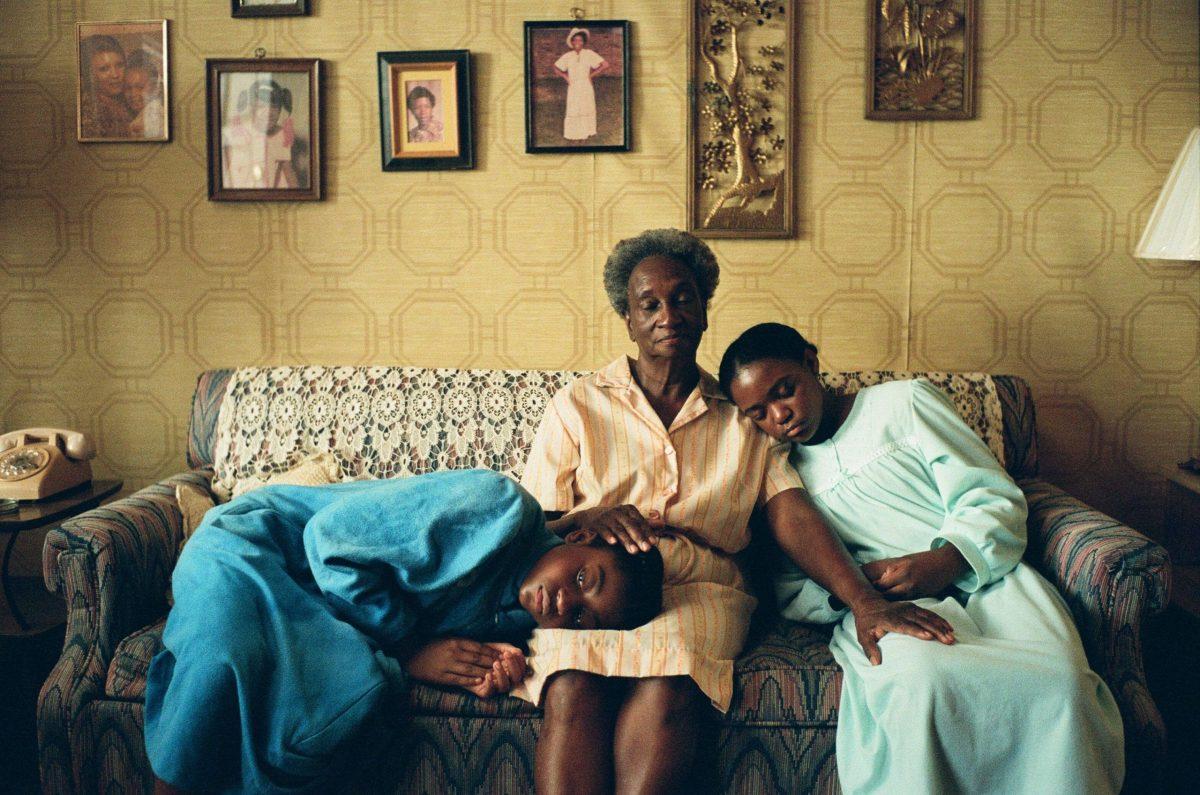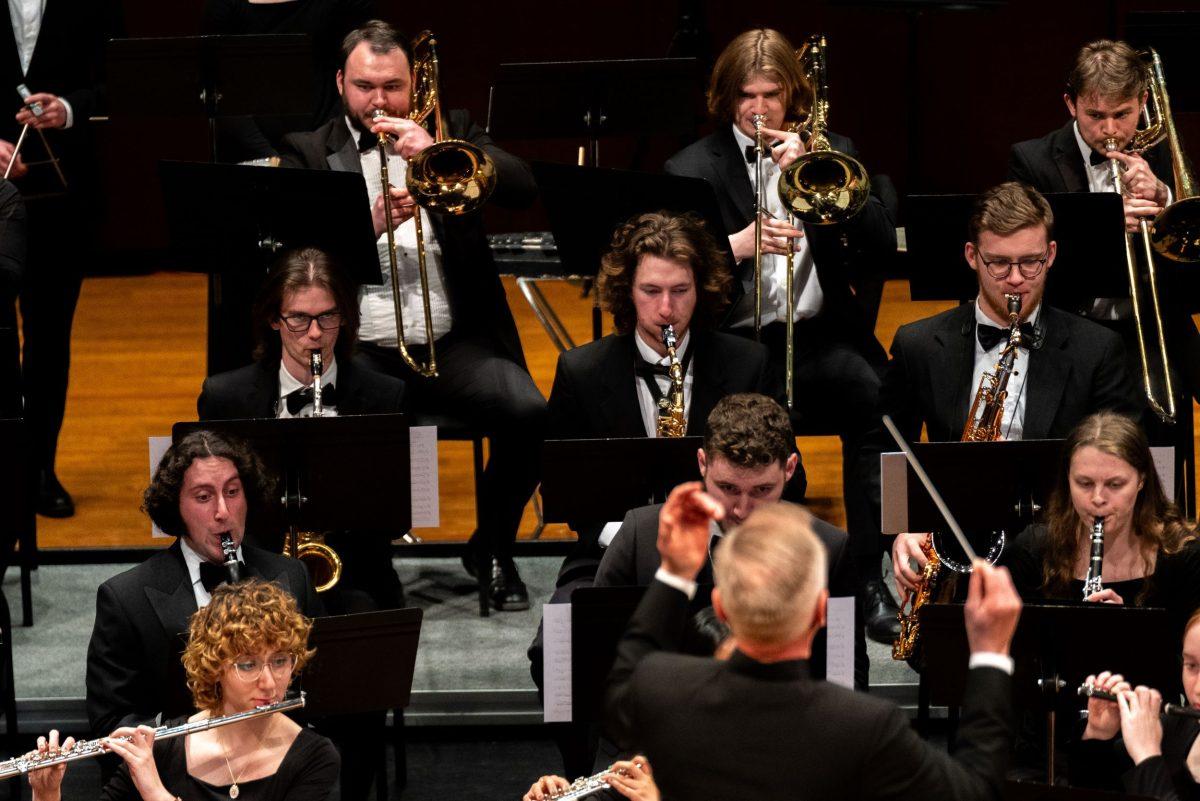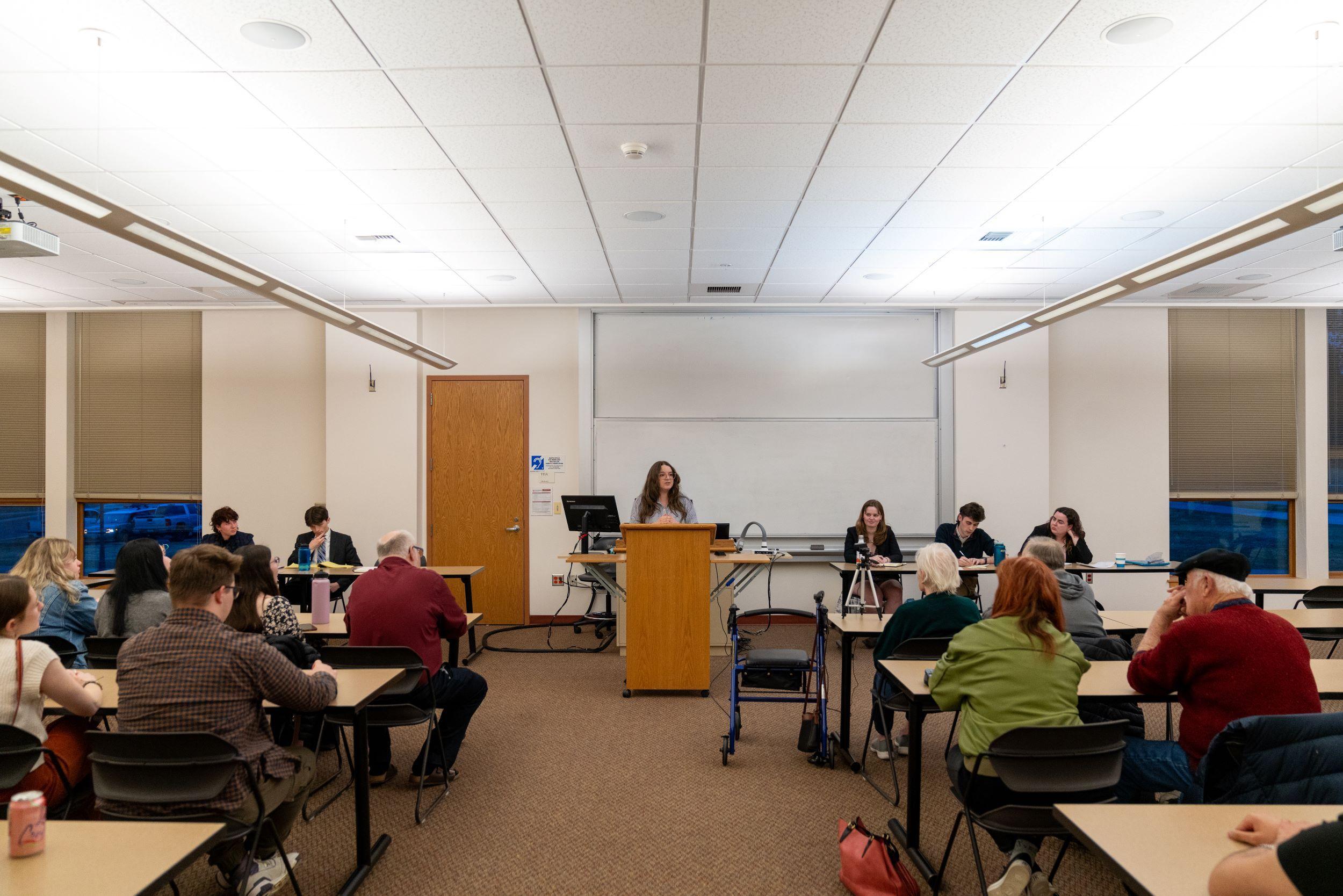
“AI represents a significant threat to the news industry,” was the prompt for the March 20, Irish National Debate Champions Exhibition.
This statement was debated in Weyerhaeuser Hall, with Whitworth University’s debate team assigned to uphold this belief and Ireland’s finest to oppose it. After a number of arguments, key points and consistent scathing jokes from the foreign team, the debate committee at Whitworth (debate coordinator Dr. Mike Ingram) awarded a tie to the debaters.
Having been picked from 200 other teams in Ireland to tour and debate universities from all around the United States, the national Irish team were well prepared to take on Whitworth’s debaters.
The debate was held in the style of the Irish Times debate format. Seven minutes of debate time were given to all six contenders; three from Whitworth, three from Ireland. During the middle five minutes of each participant’s time, the opposing team would be able to propose objections or facts for consideration to the speaker. At the end of this debate, the audience voted for who they agreed with most, and Whitworth Ingram announced the winner.
Both teams displayed thoughtful and impactful presentations, followed by the rumble of knuckles on tables, the debate substitute for applause.
On the Whitworth side, the main points for their argument were that AI (artificial intelligence) spreads misinformation with no care for context and implications, removes the “human” storytelling aspect, and in its current form, does not offer how or where it comes up with the information it gets. These points constructed a warning for the further spread of distrust, personal and in-group bubbles and the killing of local news organizations.
Meanwhile, the Irish team offered a more optimistic viewpoint, emphasizing the fact that humanity has always reacted harshly towards new technologies, such as the internet and the beginning of industrialization.
Louise Cullen, the first member from the Irish team to speak, expressed the need for people’s involvement in moving AI forward, as AI requires constant input and attention from people. In addition, the developing costs are massive and more time must be invested to create the next big leap in generative AI.
Owen Ryan, the second person to speak from the Irish team, claimed that the news industry will adapt and design new formats that will benefit both AI technology and ourselves, driving society forward.
The last representative for the Irish team, Cliodhna McHugh, emphasized that AI is not the root of our overarching problem, and that with responsibility, we will be able to overcome this change and use it effectively.
While the end result of the debate turned out to be a tie, both teams appeared to genuinely have enjoyed the debate, and both teams spoke with great respect for their opponents.
While Whitworth’s team was very good at being rational and evidence-based, the Irish team was equally good, but they also “[used] humor and charisma masterfully,” said Nathan Cooper, a Whitworth debater.
Meanwhile, Owen Ryan noted how their team held a “really high standard for [the] Whitworth debaters,” especially when compared to the rest of the teams they debated in the U.S.
Ingram was proud of both teams; “It’s exactly what I love to see in public debates,” said Ingram.
Ingram said that from these debates, people can learn different perspectives and subjects that may otherwise not be touched on. He added that a well-structured and engaging debate can create better thinkers for our communities.
“It’s such a great thing for our liberal arts students to talk about these subjects. I’m so pleased that we get to have the opportunity to do this for the campus community,” said Ingram.
To read about Whitworth’s forensics tournament results, check out their website here.

